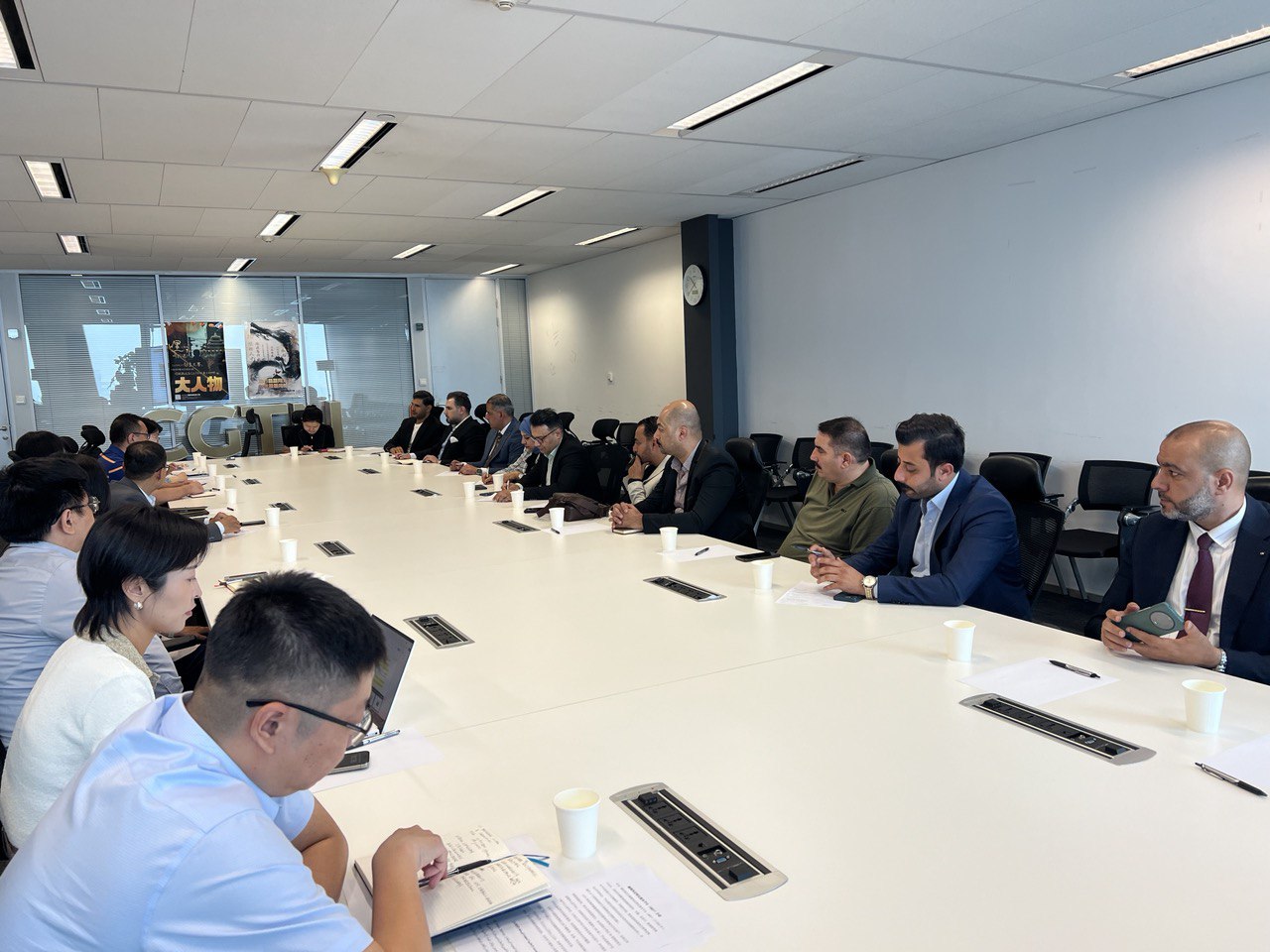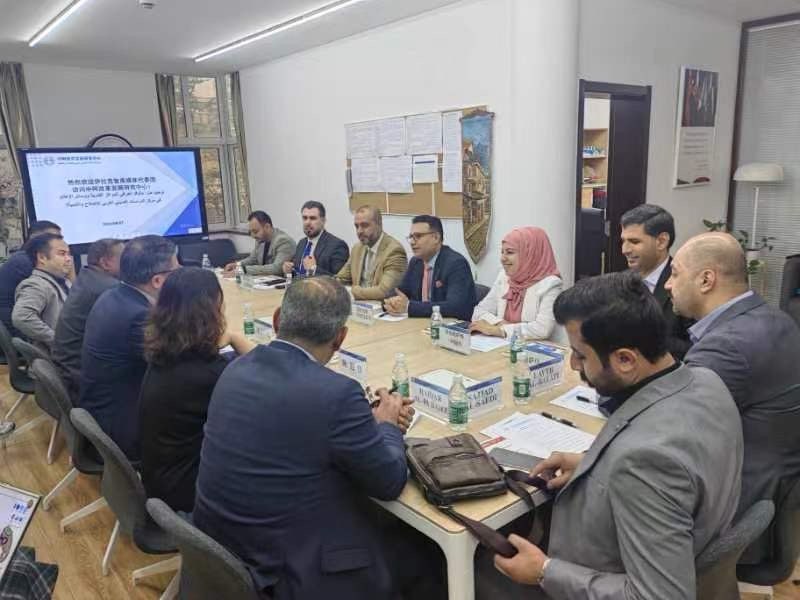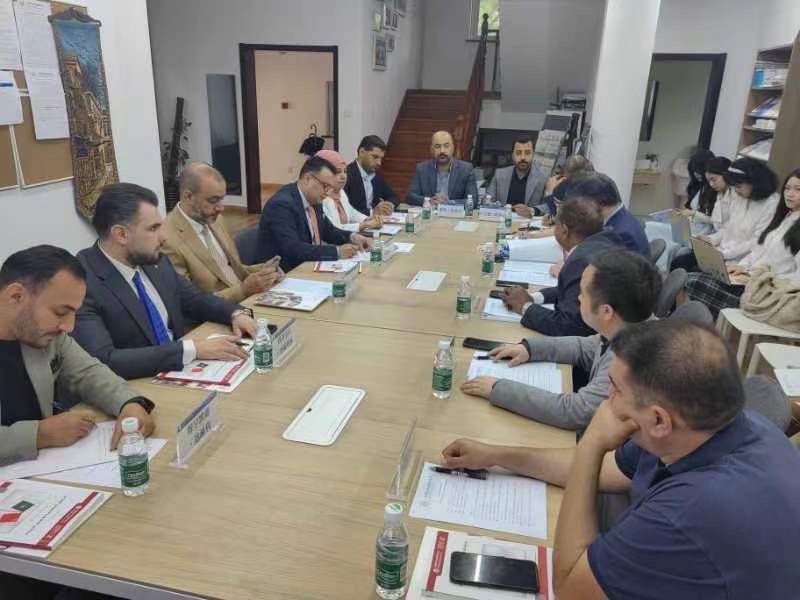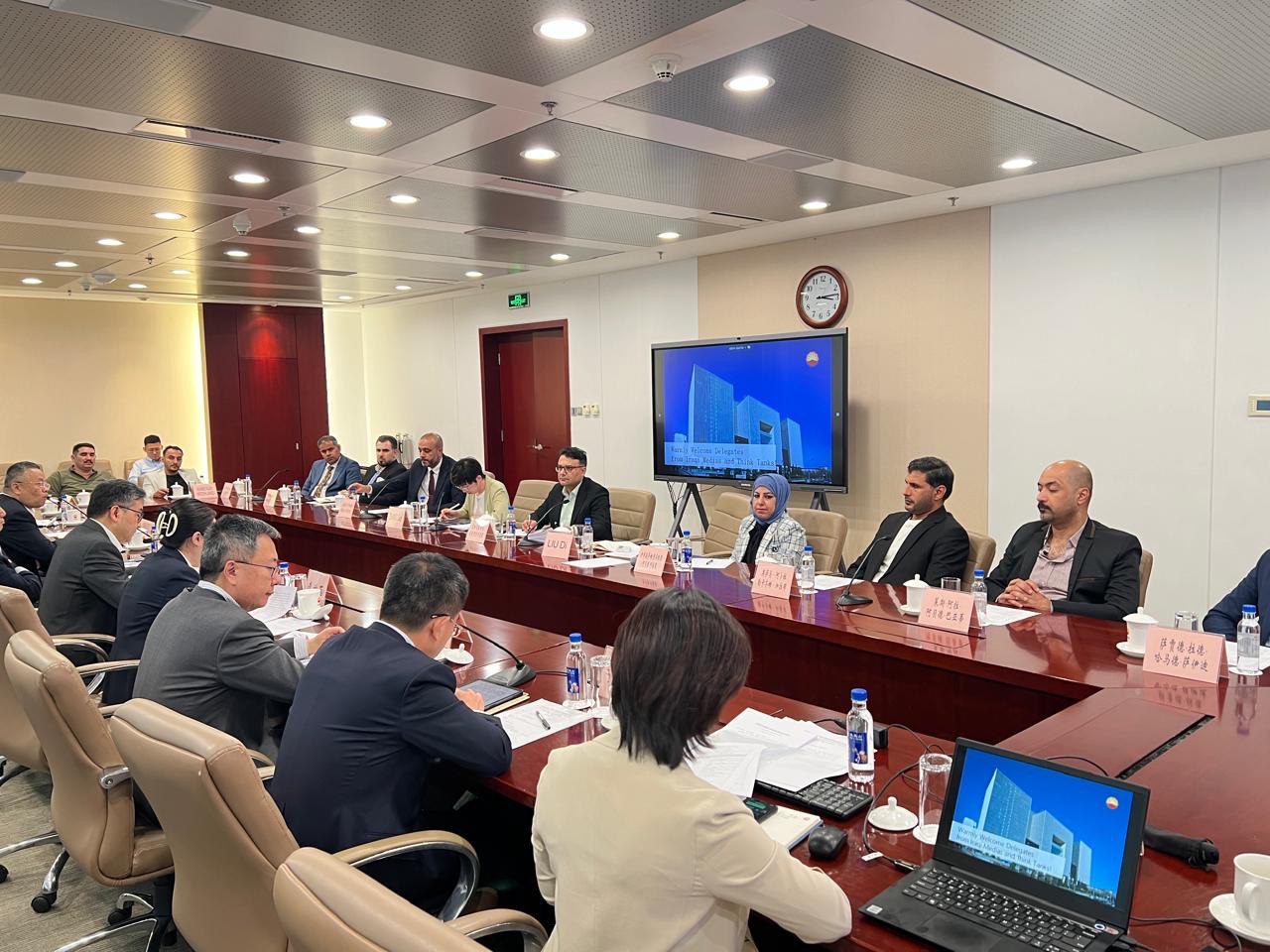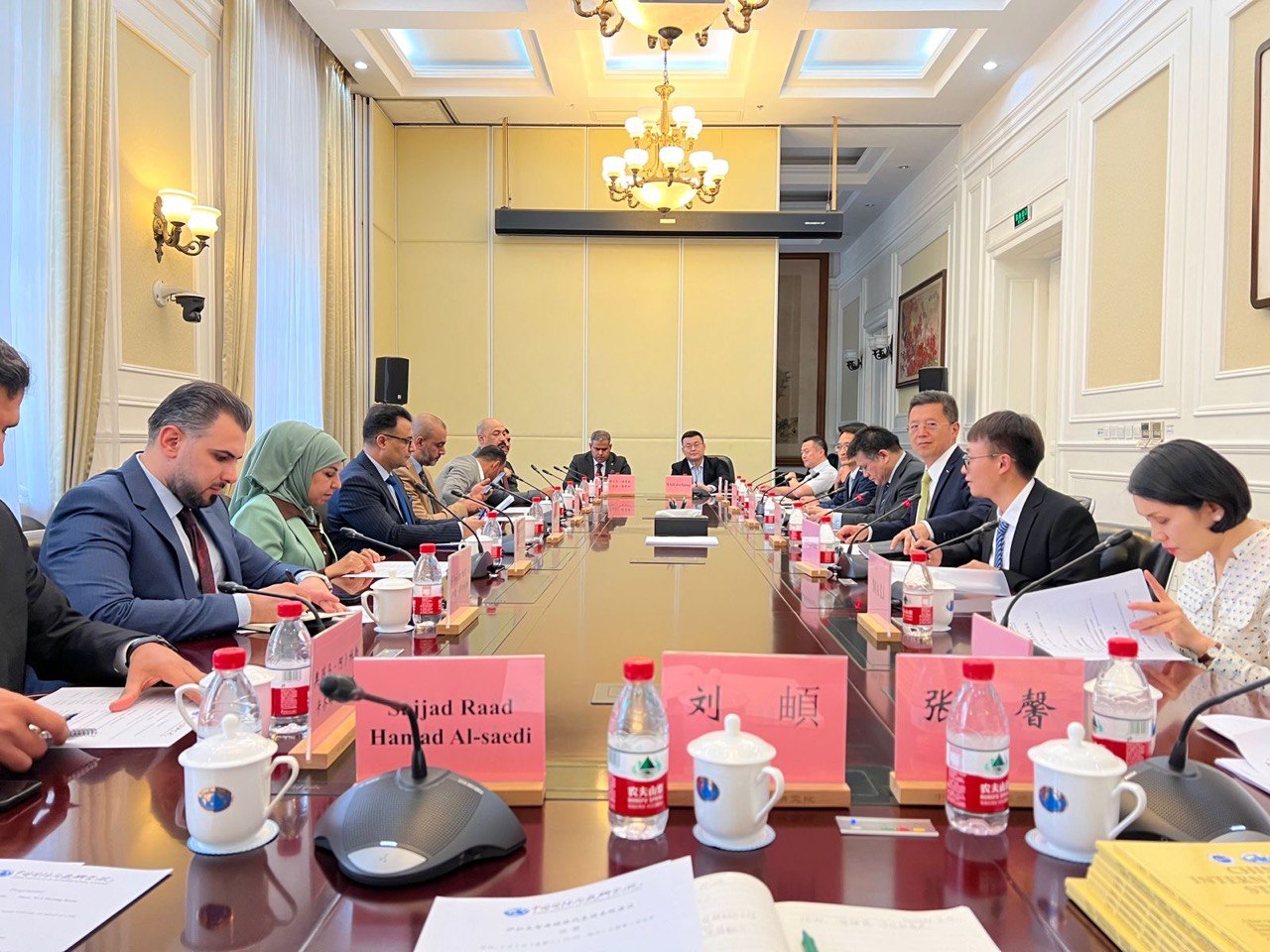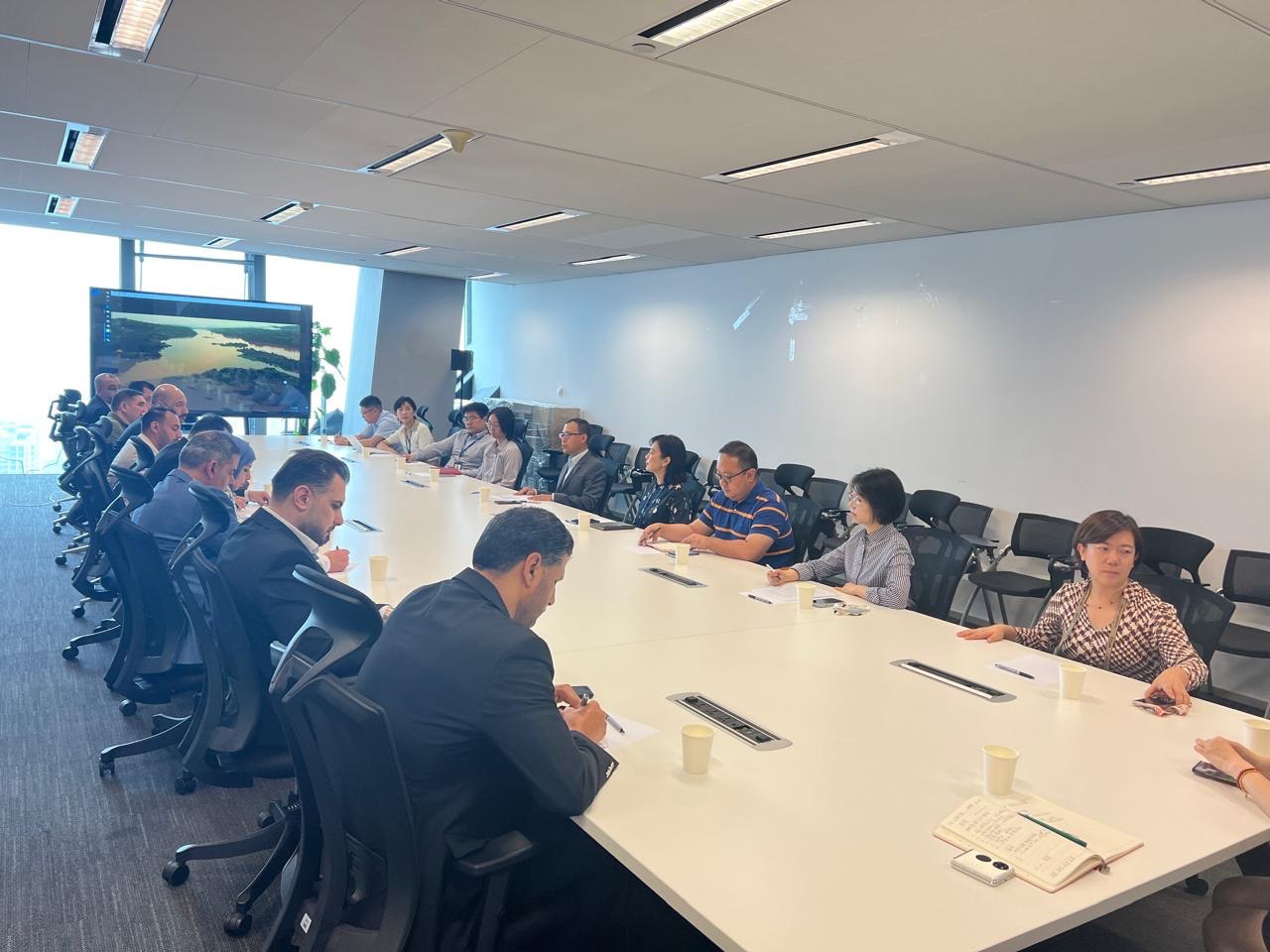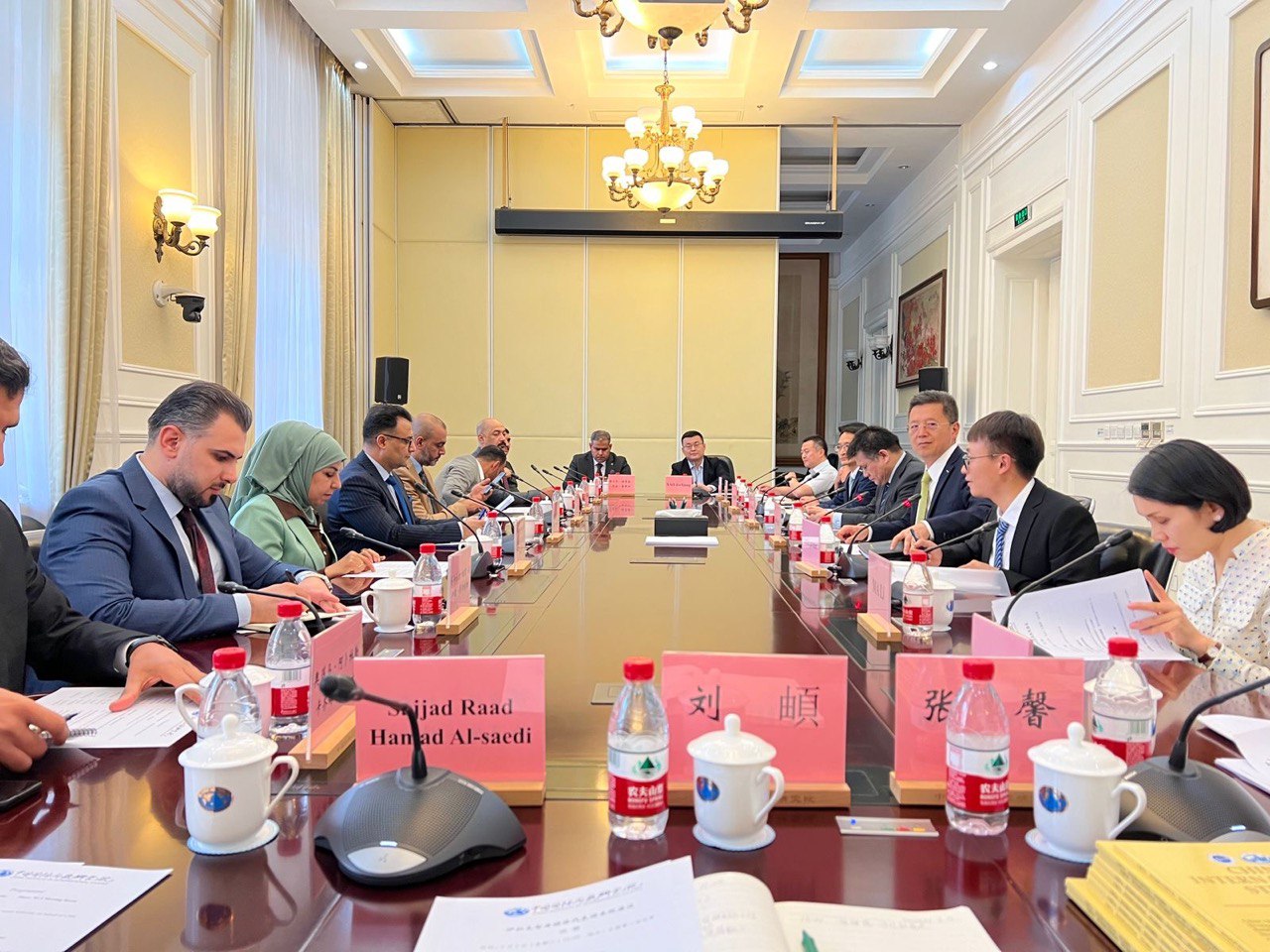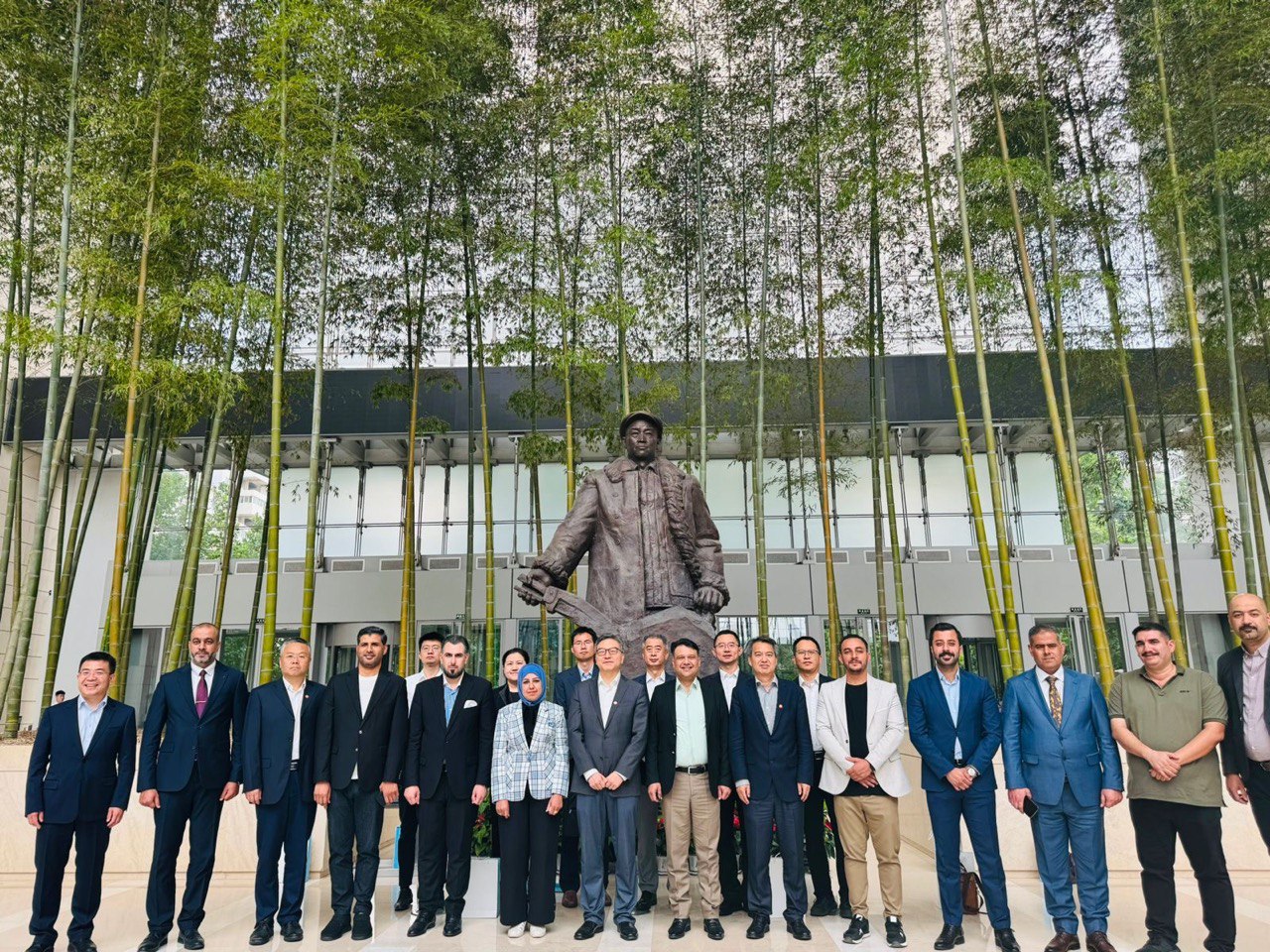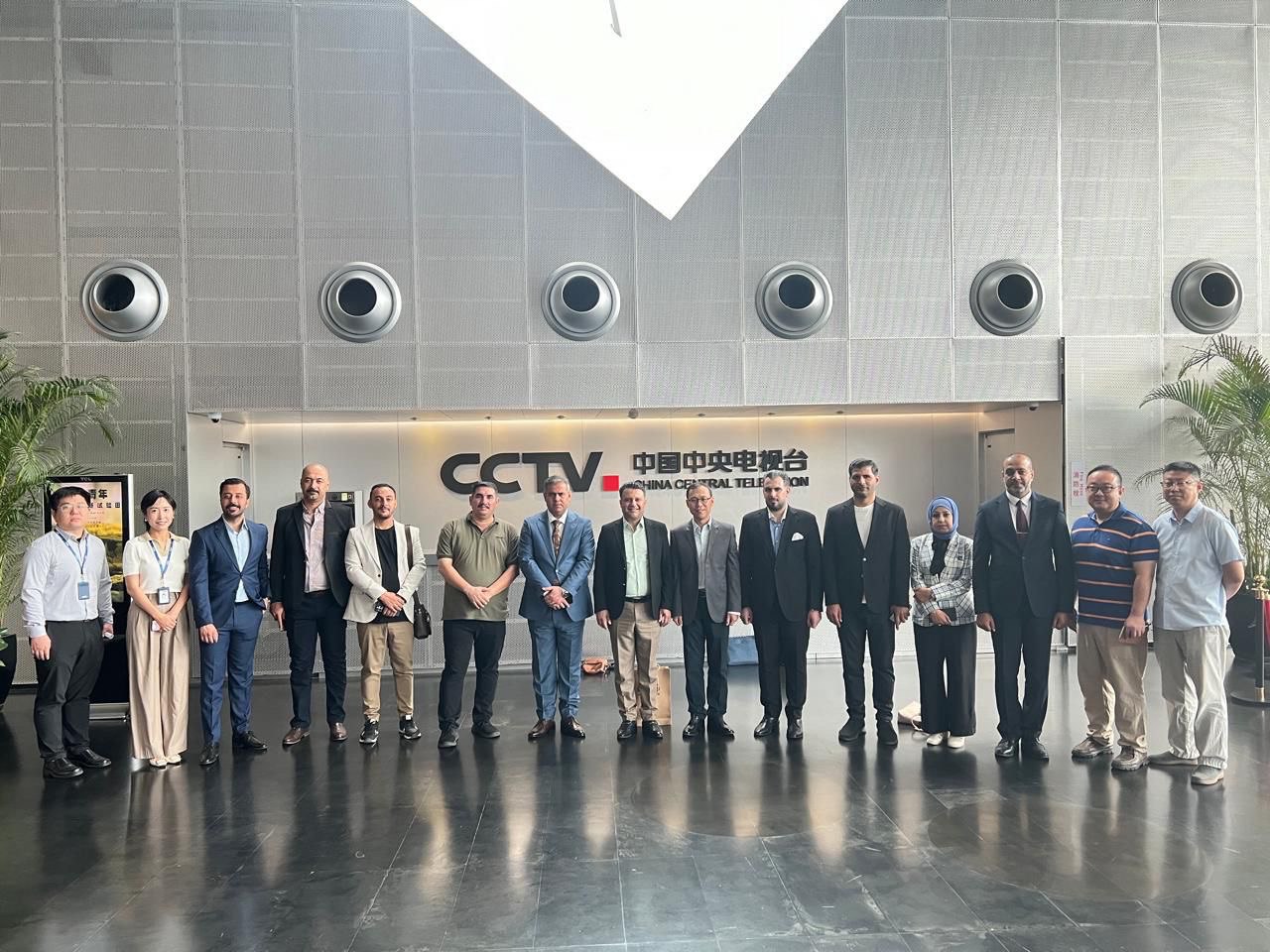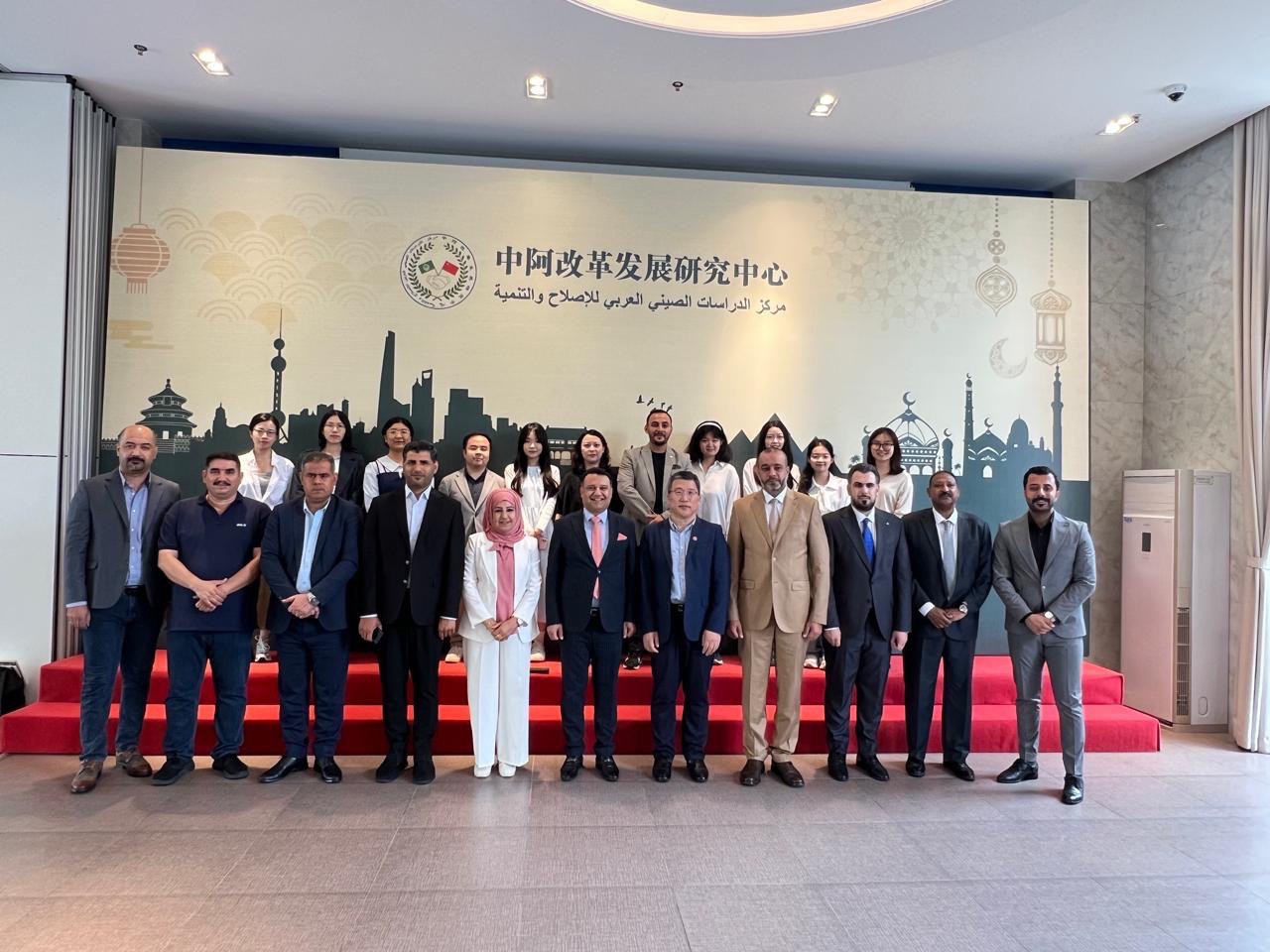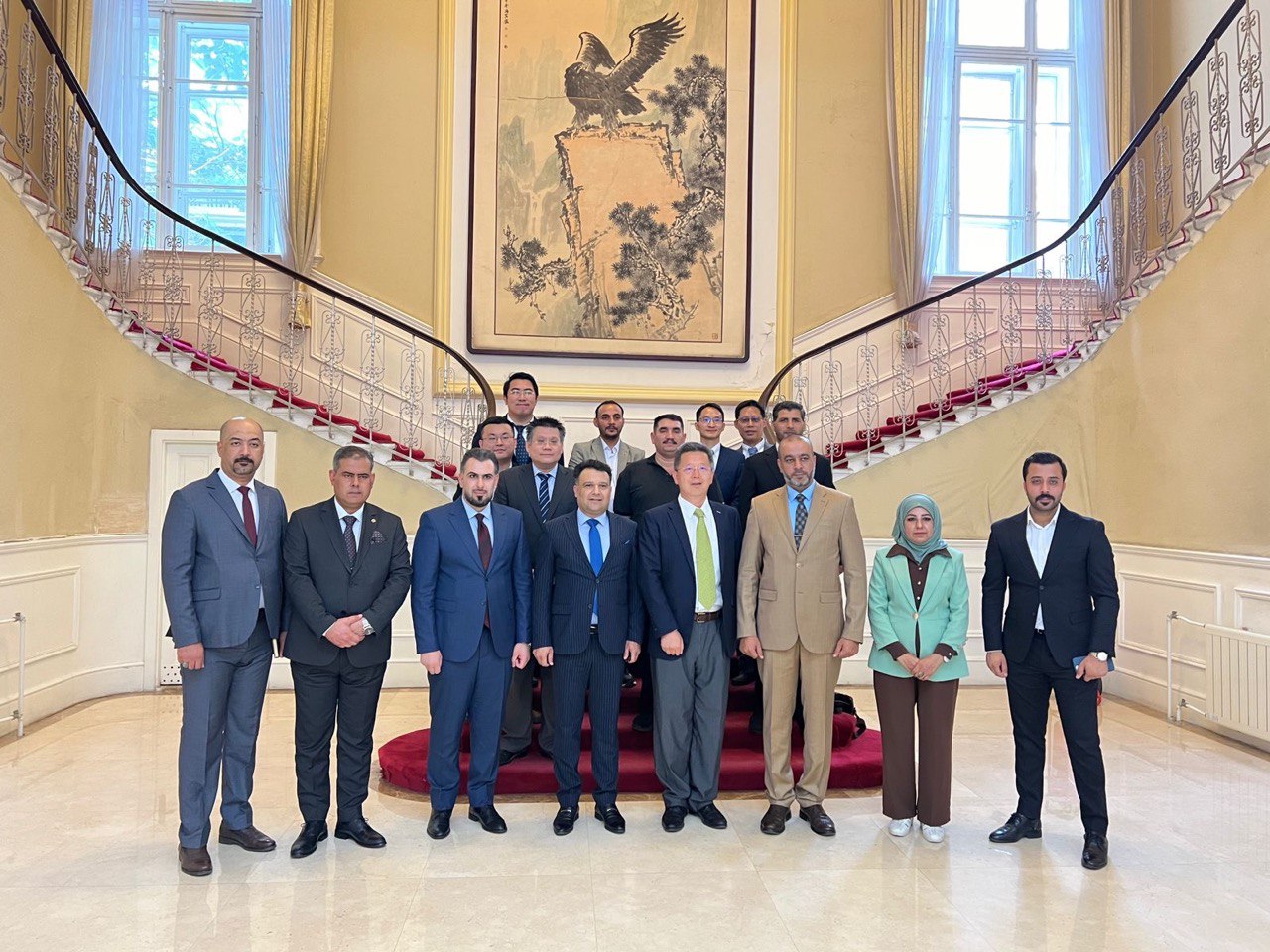Al-Bayan Center for Planning and Studies’ Director of Research, Mustafa Al-Saray, visited the Republic of China on a tour that included a look at various experiences in Beijing.
The visit came with an Iraqi delegation consisting of representatives of research and study centers and some Iraqi media representatives. The delegation visited the China PetroChina National Oil and Gas Company to learn about “the most important works and activities carried out by the company in Iraq within the framework of investment in oil fields, and the plans it is working on within the oil field development agreements.
” Al-Saray talked about the importance of investing in gas, but “so far there has been no real offer or agreement with the Iraqi side,” he said. Al-Saray discussed the importance of “investing in alternative energy and minimizing risks about climate change, as part of China’s 2030 plan, which is to make China carbon-free, and help the countries in which China operates to reduce carbon emissions.
” The Iraqi delegation also visited the Chinese channel CGTV in the Chinese capital, Beijing, and was briefed on the most important “activities in the Arabic language carried out by the channel directed to the Arab public, especially the Iraqi public, as the visit witnessed talk about the importance of “paying attention to strengthening media communication between the two parties at the level of researchers, academics and media professionals and presenting objective views on common topics between the two parties.
” The Iraqi delegation also visited the China Institute of International Studies, affiliated with the Chinese Ministry of Foreign Affairs in Beijing, to talk about “the general situation in the region and topics of interest to Iraqi affairs,” and discussed “the possibility of coordinating joint efforts in activities and events and exchanging research, scientific and academic experiences between the two parties.”

